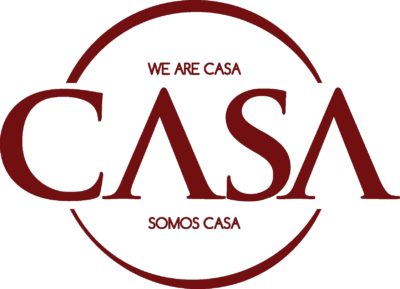
Why is this November 12 Supreme Court hearing on DREAMers so important?
After more than 800,000 young people stepped forward to access protection from deportation and the ability to work legally in the United States under DACA, President Trump sought to end the massively successful program with one cruel memo based on flawed and biased legal analysis. In conjunction with other lawsuits filed across the country, we were able to prevent the worst aspects of the termination from taking effect. Despite those (temporary) victories, DACA was shut down to new applicants and Advance Parole – a key benefit allowing DACA recipients to travel internationally – was ended for DACA applicants.
Now the entire program hangs in the balance, with DACA’s fate to be decided by the Supreme Court of this term. Over the last seven years, since DACA was first enacted in August 2012, CASA has helped thousands of eligible individuals apply for DACA. They represent a cross-section of American society, hailing from diverse backgrounds and all economic classes. All have built lives here. They are parents to United States citizen children and providers for mixed-status families. They are nurses and teachers, computer programmers and construction workers, neighbors and members of the PTA. Ending DACA would be a devastating blow for them – and for the communities they live in and support.
In the words of CASA member and Baltimore City teacher Monica Camacho: “DACA doesn’t just matter to me, it matters to everyone in my community, regardless of your
immigration status. Every day I see the light in the eyes of my students, the excitement it gives them to learn English and dream about their futures. It would break my heart if I wasn’t able to be there for them in the classroom.”
CASA will continue to fight to support people like Monica, to ensure that DACA remains open and the hundreds of thousands of beneficiaries remain where they belong – home, here in the United States.
Your question has been answered by Nick Katz, Senior Manager of Legal Services at CASA.
